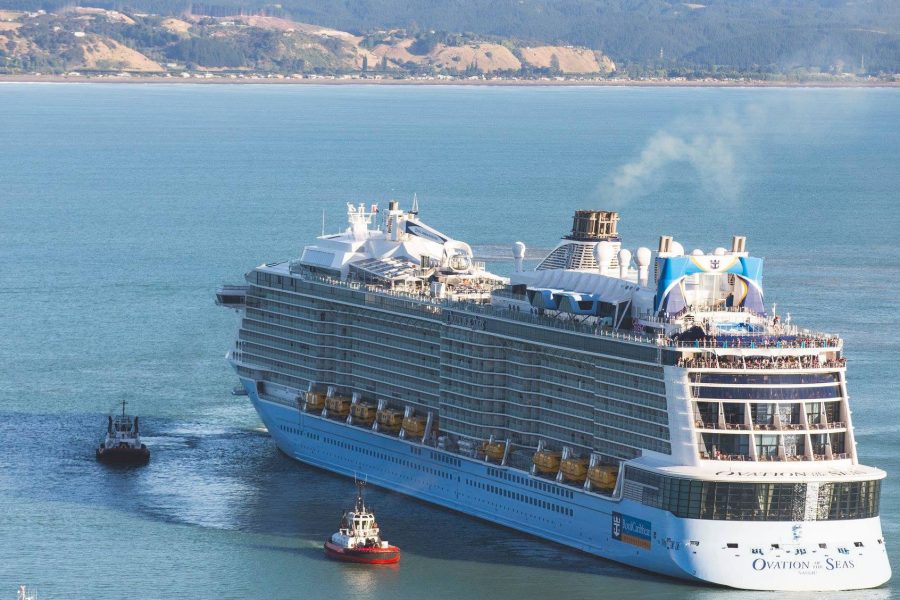 7th February 2024 Biosecurity / Cruise
7th February 2024 Biosecurity / CruiseCruise ships are keeping clean and meeting New Zealand’s strong biofouling standards when they visit the country, says Biosecurity New Zealand.
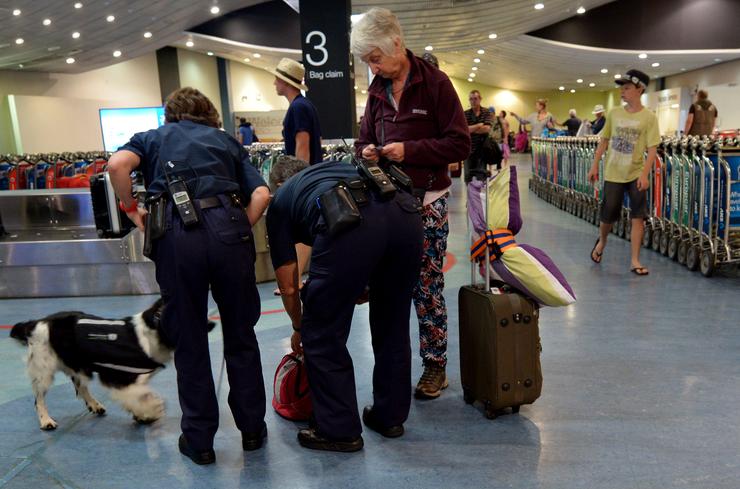 19th January 2024 Airports / Biosecurity
19th January 2024 Airports / BiosecurityBiosecurity New Zealand is thanking international arrivals over the peak Christmas period for helping to protect the country’s $57bn primary sector export industry
 20th November 2023 Biosecurity / Borders
20th November 2023 Biosecurity / BordersBiosecurity New Zealand has boosted its quarantine and border staff numbers, with 23 new officers and four detector dog handlers to manage the peak international visitor season.
 20th October 2023 Biosecurity / Marine
20th October 2023 Biosecurity / MarineBoaties heading out on Waikato and Bay of Plenty waters over Labour Weekend are being urged to keep their vessels clean and avoid spreading invasive pests such as the freshwater gold clam.
 12th October 2023 AIAL / Biosecurity
12th October 2023 AIAL / BiosecurityAuckland Airport, social scientists, and other air travel stakeholders are teaming up with Better Border Security on a research project to keep exotic pests and pathogens out of New Zealand.
 22nd September 2023 Airports / Biosecurity
22nd September 2023 Airports / BiosecurityBiosecurity New Zealand is deploying 20 additional staff at Auckland Airport during the coming school holiday period to increase capacity and speed up border processing.
 15th September 2023 Biosecurity / Cruise
15th September 2023 Biosecurity / CruiseBiosecurity New Zealand is reminding cruise lines to brush up on the country’s biofouling rules ahead of their summer voyages.
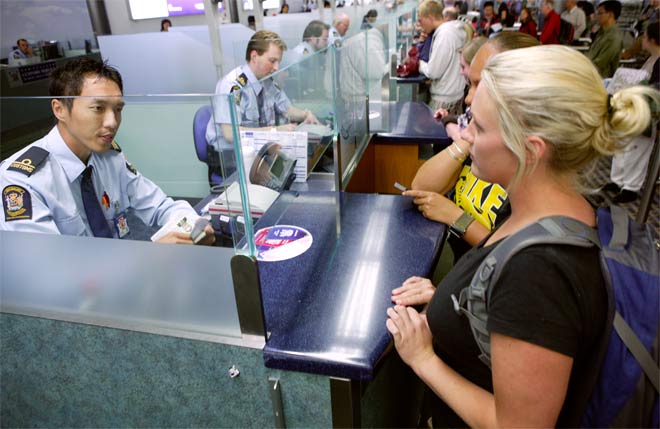 26th July 2023 Biosecurity / Borders
26th July 2023 Biosecurity / BordersBiosecurity New Zealand says the number of border seizures it is making has climbed sharply in the aftermath of the pandemic and as events such as the FIFA Women’s World Cup attracts visitors.
 30th May 2023 Biosecurity / Borders
30th May 2023 Biosecurity / BordersA forgotten apple in a traveller’s bag could net them a $400 fine – and for close to 8,000 travellers, that is exactly what happened, according to Biosecurity New Zealand.
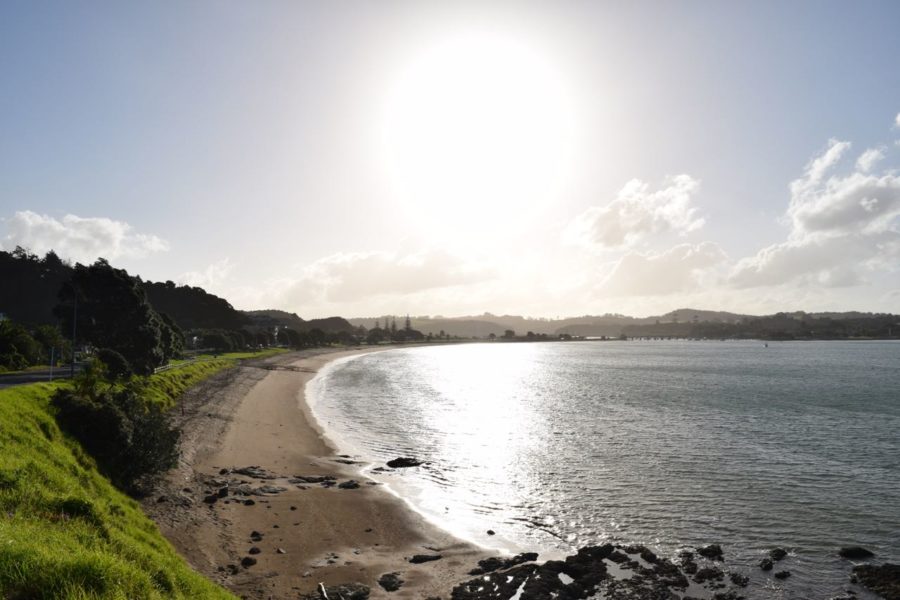 22nd May 2023 Biosecurity / Marine
22nd May 2023 Biosecurity / MarineBiosecurity New Zealand is warning the public about spreading the exotic Caulerpa brachypus seaweed and urging boaties and fishers to thoroughly clean their equipment.
 5th April 2023 Biosecurity
5th April 2023 BiosecurityRising passenger volumes at New Zealand’s air and maritime ports have prompted Biosecurity New Zealand to ramp up collaboration with airport companies, airlines, and other border agencies to speed up arrival processes while ensuring the country’s safety.
 30th March 2023 Aviation / Biosecurity
30th March 2023 Aviation / BiosecurityBiosecurity New Zealand is ramping up border security measures for passengers arriving on direct flights from Bali due to the threat of foot-and-mouth disease.
 27th January 2023 Arrivals / Biosecurity
27th January 2023 Arrivals / BiosecurityBiosecurity NZ says the new digital system will give it an opportunity to send relevant messaging to help improve compliance.
 27th January 2023 Biosecurity / Regulation
27th January 2023 Biosecurity / RegulationCommercial airline and maritime operators will soon be required by law to provide biosecurity information to vessels and aircraft with more than 20 passengers arriving in New Zealand.
 20th January 2023 Biosecurity / Borders
20th January 2023 Biosecurity / BordersBiosecurity New Zealand says it is working with Auckland Airport to address mishandled and unaccompanied baggage issues affecting travellers this summer and is also collaborating with cruise to ensure ships arrive with clean hulls.
 13th December 2022 Biosecurity / Borders
13th December 2022 Biosecurity / BordersBiosecurity New Zealand is urging arriving travellers to do their bit to ensure unwanted pests and diseases do not enter New Zealand over the busy summer period.
 29th November 2022 AIAL / Biosecurity
29th November 2022 AIAL / BiosecurityBiosecurity New Zealand has established an express lane at Auckland International Airport to help reduce passenger congestion in the arrivals area.
 27th September 2022 Biosecurity
27th September 2022 BiosecurityThe Primary Production Committee is seeking public submissions on a plan to increase fines for biosecurity breaches and give officers more powers to refuse entry.
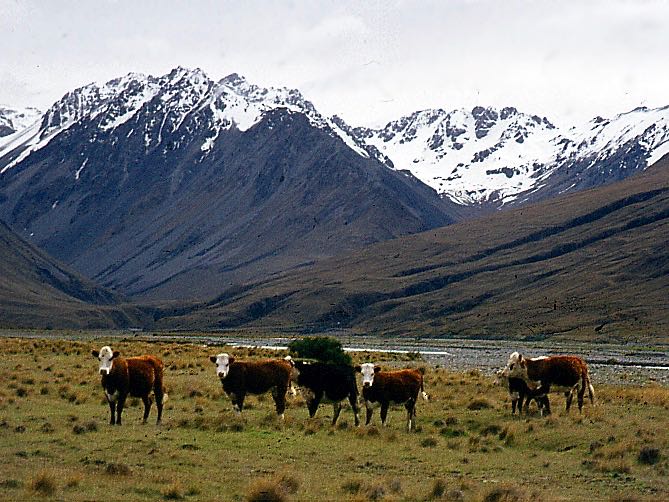 12th July 2022 Biosecurity
12th July 2022 BiosecurityClean your shoes or buy a cheap pair and throw them out before you leave – that is the message to visitors to New Zealand as farmers try to keep foot-and-mouth disease away from livestock.
 11th July 2022 Biosecurity
11th July 2022 BiosecurityBiosecurity New Zealand is stepping up a border campaign to raise awareness of foot-and-mouth disease amongst visitors to New Zealand.
 3rd July 2020 Biosecurity
3rd July 2020 BiosecurityBiosecurity New Zealand is redeploying up to 270 frontline officers because of falling passenger numbers.
 10th February 2020 Biosecurity / Cruise
10th February 2020 Biosecurity / CruiseBiosecurity NZ ordered a cruise ship to leave New Zealand just before Christmas after discovering biofouling on its hull.
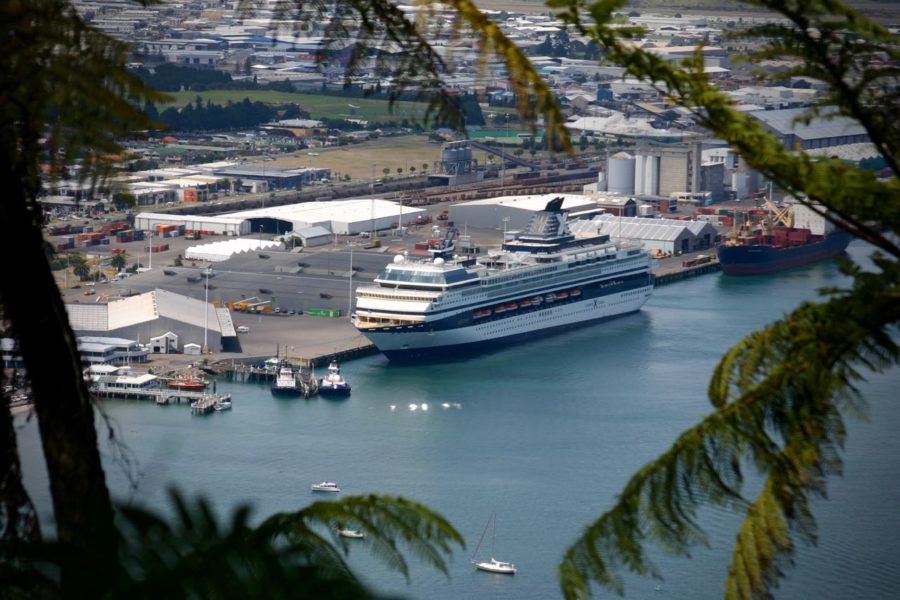 4th November 2019 Biosecurity / Cruise
4th November 2019 Biosecurity / CruiseCruise ships visiting New Zealand are a relatively low biosecurity risk although there is room for improvement, according to Biosecurity NZ.
 10th July 2019 Biosecurity / Cruise
10th July 2019 Biosecurity / CruiseMore port inspections and more dog teams sniffing passengers will be conducted.
 12th December 2018 Airports / Biosecurity
12th December 2018 Airports / BiosecurityThe new tech will scan baggage for biosecurity risks before passengers reach their luggage.
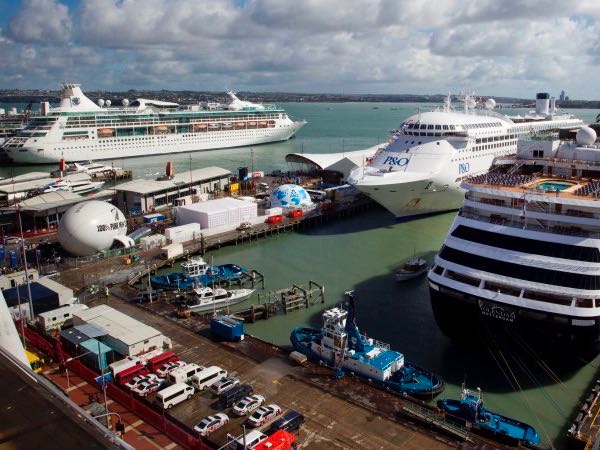 6th December 2018 Biosecurity / Cruise
6th December 2018 Biosecurity / CruiseCruise ship passengers found in breach of biosecurity rules are now subject to $400 fines under new measures that came into place last week.
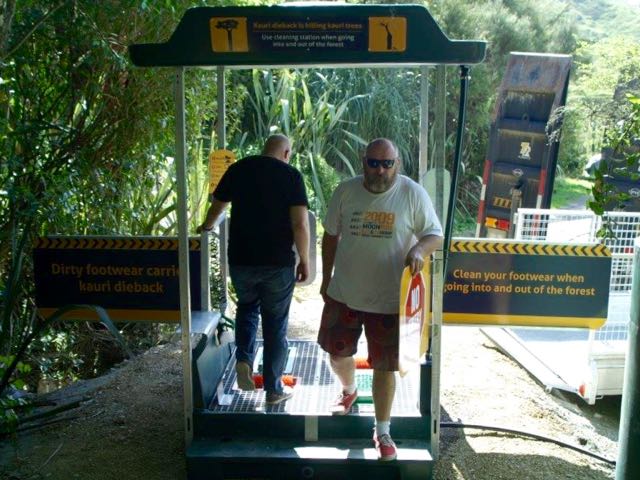 1st May 2018 Biosecurity
1st May 2018 BiosecurityBooming tourism, growing trade, and climate change issues have prompted the government to create a new biosecurity unit.